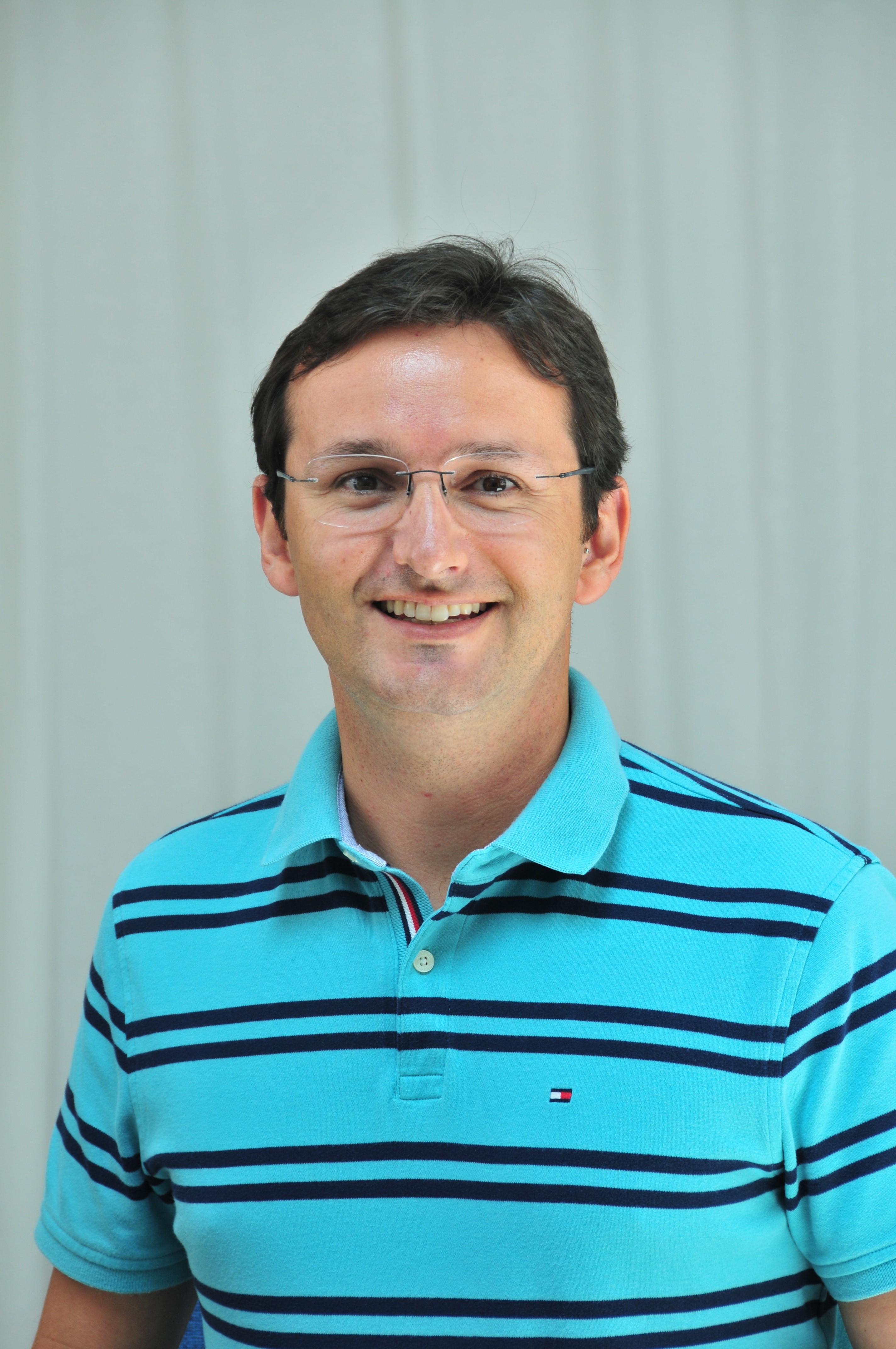We're leveraging the latest innovations in sensors, wastewater treatment, hydroponic systems, and machine learning to develop a new decentralized system that integrates wastewater treatment with hydroponic farming. This system aims to produce vegetables efficiently, using minimal resources and energy, by implementing advanced methods for real-time data collection and system control.Local and decentralized controlled environment agriculture (CEA) can address issues related to water and nutrient shortages, enhancing food security and environmental management. However, current CEAs often struggle with limited data collection, unreliable control systems, and high costs. Our project seeks to overcome these challenges by equipping future CEA facilities with reliable sensing, understanding, and decision-making capabilities, moving towards greater automation.This research is supported by two established experimental setups: a pilot CEA system at Georgia Tech and a hydroponic greenhouse at the University of Georgia. These setups feature innovative data-gathering devices, such as online membrane sensors and robotic systems for plant monitoring, along with cutting-edge reinforcement learning algorithms for optimizing complex, changing environments.

